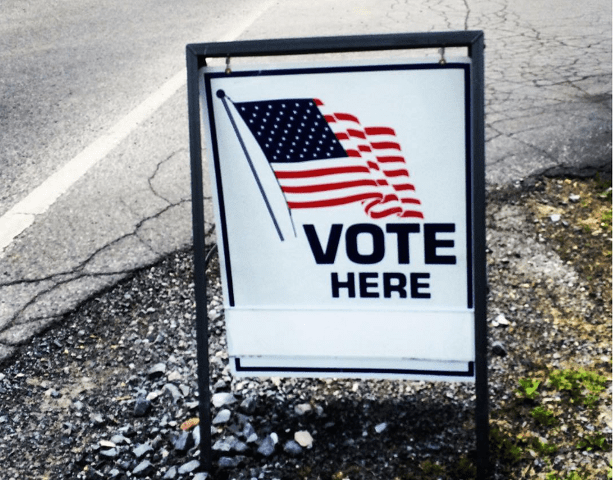Didn’t we have this conversation 16 years ago?
I remember sitting around a campfire in the High Sierra in the summer of 2000, arguing about whether a vote for Ralph Nader would be a vote for George W. Bush.
On one side were those who thought the Democratic Party had moved too far to the right during the Clinton years to be considered a meaningful alternative to the Republican Party. A vote for Nader, they said, would challenge the hegemony of the two-party system.
On the other side were those who thought the differences between the two parties, though slight, were significant, and that the differences between the qualifications and intelligence of the two major-party nominees were enormous. One had to vote for Al Gore to prevent Bush.
To this day, as far as I can tell, experts disagree about Nader’s impact on the 2000 election. Naderites note that a lot of their guy’s votes came from states where Gore won easily, no harm done.
No argument there.
Don’t blame us, Nader’s Raiders also say. Blame Gore for running such a lousy campaign (he couldn’t even win his home state of Tennessee!).
No argument there either.
And they say that it’s wrong to assume that if Nader had bowed out, all his supporters would have flocked to Gore. Some would have sat out the election. Some would have backed some other fringe candidate. Some would have – gasp! – voted for Bush.
Argument! What is under question is not whether Nader should have dropped out or urged his supporters to switch to Gore, but what each of us should do with our one wild and precious vote (to egregiously paraphrase Mary Oliver).
Which brings us to the present moment. Some of my dearest friends voted for Ralph Nader in 2000. Some of my dearest friends say they plan to stay home or vote for Green Party candidate Jill Stein in November.
Now, as then, they talk about voting their principles, or their conscience. If you object to the status quo, they ask – a tax system, an international trade system, a campaign finance system and a foreign policy establishment that give undue influence and advantage to the very rich – how can you vote for a candidate who supports and is supported by the status quo?
Wouldn’t I rather vote for a candidate who will confront climate change, reform our criminal justice system, get influence-buying out of politics, push for affordable housing, healthcare and education, and work tirelessly for peace and social justice? Absolutely.
Is Hillary Clinton that candidate? Probably not. But she isn’t the devil either, as Donald Trump suggested to an audience in Mechanicsburg the other day.
Last week, I defended voting for the lesser of two evils. Now I’m for toning it down a little.
You may not like Hillary. You may strongly disagree with some of the things she’s done — though do be careful to judge her on her real record rather than on right-wing distortions of it. But she’s not evil. In fact, I don’t think the Hillary haters give her enough credit for her work on human rights issues.
Way back in 1965, New York Times columnist James Reston wrote that American politics was a battle between “the Tweedledum Republicans a little right of center and the Tweedledee Democrats a little left of center.”
The implication was that the ideologies of the two parties reflected far more consensus than conflict; therefore, we wouldn’t see drastic policy shifts each time control of the White House, the Senate or the House of Representatives passed from one party to the other.
Ralph Nader tried to make that claim in 2000 when he referred to Al Gore and George W. Bush as Tweedledum and Tweedledee. I didn’t buy it. And while there’s no way to know what sort of president Gore would have been, there’s no reason to think he and his minions would have taken it into their heads to invade Iraq as a response to the 9/11 attacks. It’s also hard to imagine how a Gore administration’s response to Hurricane Katrina could have been more inept than the Bush administration’s.
This election is even less of a Tweedledum-Tweedledee situation than that one was. Therefore, my dearest friends, my conscience is telling me to vote for the candidate who can defeat Donald Trump.
If I had voted for Nader in 2000, my “conscience” would still bother me now. And if I stayed home or voted for a third candidate this Nov. 8 and Trump were to be elected by a slim margin, my conscience would bother me on Nov. 9.
Having butchered the quote from Mary Oliver, let me end by doing the same to Donald Rumsfeld, who is far more deserving:
You go to the polls with the democracy you have. It’s not the democracy you might want or wish to have at a later time.



